The Saturday Read: This weekend's 9 picks
Inside: Politics in its many forms. Plus Will's links, Europe and the Ashes.
Good morning, and welcome to the Saturday Read, the New Statesman’s weekly guide to the best writing on ideas, politics, books and culture. This is Harry, along with Will.
We are running a survey at the NS. We would hugely appreciate your thoughts. The questions are quite good, I promise. It’s also easy to do and doesn’t take long. We’d love to know what you think and do more of what you value – let us know here:
If the pieces below intrigue, perhaps you’d like to try a trial subscription to the NS. Read three free articles after registering on our site. A digital subscription is just 95p a week. If you are already a subscriber, thank you for reading us. Let’s get to it.
1—“They are trying to lock her in a cupboard.”
Is Angela Rayner, Labour’s deputy leader and a holder of four disconnected shadow cabinet briefs, being frozen out of Labour’s future by Starmer? Rachel Wearmouth reports.
Earlier this year Angela Rayner, the deputy Labour leader, walked into the office to find Keir Starmer and a number of senior party figures conducting an important meeting without her. It is thought to have concerned the party’s “missions” for government and Rayner was furious at being excluded.
“I think she wanted that role [shadow Cabinet Office minister] because it cuts across everything but they [the Labour leadership] keep finding new ways to say that it isn’t her brief,” said an MP close to Rayner who claims the deputy leader is being frozen out in an “insidious” and “gradual” way.
“The chances of Angela being moved from her Cabinet Office role are minuscule,” said one ally, who claimed that tales of divides between the Labour leader and the party’s deputy are overblown. “Is she in every policy or strategy meeting? No, but then neither are most people.”
2—“There is no grand plan; and if there is, it won’t work.”
Since Andrew Marr joined the New Statesman early last year, he has been sceptical of Boris Johnson’s survivability. Johnson, he wrote in his first piece for us in February 2022, was “beyond saving”. So it proved. Now he suspects Johnson’s time in politics is up. For the magazine this week, Andrew took a wider look at the meaning of Johnson’s departure and Nicola Sturgeon’s arrest last weekend.
Boris Johnson behaves like a violent drunk finally expelled from his favourite pub; fists flailing, turning the air blue with furious invective, and pretending he is choosing to leave of his own accord. He’ll be back! No, he won’t.
3—“In these dying days of Tory rule, it’s easier to remove a prime minister than a neighbour.”
Will was in the superbly named south Oxfordshire village of Brightwell-cum-Sotwell this week, reporting on the turmoil caused there by the arrival of a new major landowner: Boris Johnson. At the village music festival, people who ought to have been partisan Tories held forth on what a disgrace the ex-prime minister is.
The presence of the Johnsons has made things tense around these rosy lanes. Armed security men stroll down them now. Police cars lodge uncomfortably next to the Audis. Carrie Johnson was warned that she was not welcome in the village by a local shop owner; Johnson himself was apparently “confronted” on one of his daily jogs. It is easy to imagine Johnson viewing Brightwell as another Chartwell – the country schloss in Kent where his hero Winston Churchill spent the 1930s painting and plotting a return to power. Oxfordshire today seemed more hostile than anything Churchill faced back then.
How that hostility makes peace with Brightwell-cum-Sotwell’s self-image – the villagers described themselves as “very quiet”, “very friendly”, “nice”, “lovely”, “nice” and “lovely” again – is a different question. One school of thought, encompassing those who finger-wagged at the photographers, suggested that Johnson “had to live somewhere”. The same man who said that also said, “Brexit was the worst mistake we ever made.” He may not like Johnson, but he had decided, chivalrously, to pity him.
4—”I’m just a humble local politician.”
Freddie Hayward meets Britain’s most unsettling politician. No, not Boris Johnson – the Tower Hamlets mayor, Lutfur Rahman. Like Johnson, Rahman has been accused of every kind of political chicanery. Unlike Johnson, Rahman’s flagship policy as mayor of a London borough is paying for free school meals for primary-school children.
Over the past 15 years, Lutfur Rahman, the mayor of Tower Hamlets, has been accused of electoral malpractice, autocratic tendencies, links with Islamist organisations, cronyism, bribery, corruption, manipulation of the media and self-delusion. Rahman’s history reads like a dictionary of political scandal. Yet he endures. In 2022, Labour lost 24 seats to his party, Aspire, and he reclaimed the mayoralty. He will be mayor for over 300,000 people, from the East End to Canary Wharf, until 2026.
5—”The Green heartlands are shifting.”
Anoosh headed to Mid Suffolk where the Green Party are now in charge of local government – the first time a green party has ever had majority control of a local authority in Europe. The party presents itself progressively but it is something rather different on closer inspection.
In Brighton, the centre of English Greenery, in May, the party had its worst performance since 2003 – losing control of Brighton and Hove City Council to Labour, which won its first majority in the city for two decades. The council had long been losing local trust. In 2021 it turned out, in a clunking irony, that Brighton and Hove – then controlled by a minority Green administration – had the worst recycling record in England.
Greens were also wiped out in York, another urban stronghold. The party is in the midst of an identity crisis. While urban Greens are vocal about progressive policies, such as universal basic income, a four-day working week and rent controls, rural Greens such as those in Suffolk wish to conserve the countryside and protect green spaces. In May three quarters of its record gains of 241 council seats were from the Tories. What is going on? How is a curious coalition of socialists, climate luvvies, technocrats, pastoral conservatives and career protesters winning the gamey hearts of rural Conservative England?
From our partners
As interest rates rise again and food-price inflation is at a 45-year high, people are continuing to feel the squeeze on their living standards. But these costs are not felt equally; disparities across income, employment, health and housing are all driving regional inequalities. PwC has released an annual Good Growth for Cities Index, which ranks large UK cities across 12 economic success measures. Read more here.
6—“It’s the kind of role you take knowing it’s number two in the fleet.”
Nina-Sophia Miralles has the inside story on what happened at British Vogue this month: was Edward Enninful, the title’s editor since 2017, demoted or fired upstairs? Did he actually live up to his “manifesto” to make Vogue diverse and inclusive? And what does his departure mean for the post of British Vogue editor? (It appears to have been abolished.)
Yet it is far from clear that he lived up to his mission (or “manifesto”, as he called it). “He obviously wanted to change the colour of the magazine, and it went from being fully white to a really good mix,” a former member of his team told me last week. “But diversity behind the scenes? No. He definitely brought his friends in.”
There are claims that Enninful did not create an inclusive environment that nurtured all members of staff. “There was a real culture of blame, a lot of throwing people under the bus if something goes wrong. It was not at all supportive,” says a source. “I got a lot of ‘we don’t do it like that here’. He has a clique around him, and it was not a nice place to work unless you were with the in-crowd.”
7—“I’m not ashamed to be a heterosexual male.”
Is David Baddiel a public intellectual? We sent Jacob Judah to talk to the comedian, polemicist, novelist and football fan. The resulting interview was quite something.
By 2015, when Corbyn and anti-Semitism in parts of the progressive left burst into the open as a matter for debate and dissection, Baddiel took up the mantle of a modern Mordechai. He was not only one of Britain’s few famous Jews but had been thinking about the relationship between Jews and Britain for over a decade. He wrote a literary novel based on his family history – that he is still clearly bitter did not receive more formal recognition – and documentaries on anti-Semitism and the Holocaust, and started a full campaign on the Y-word. Baddiel was appointed “the voice for Britain’s Jews”.
He rejects the moniker. “I don’t actually think I am saying that I am being a champion for my community,” he told me. “Yes, there are not many Jews, but I am f***ing good at it. I am very articulate, I am funny, and I am also insightful and take complex ideas and explain them.”
8—“The e-right isn’t interested in class analysis.”
The 35,000-word manifesto of Ted Kaczynski, the Unabomber – published at his demand by the Washington Post in 1995 – is strangely compelling. Sohrab Ahmari of Compact magazine has taken a look at how American conservatives fell in love with the ideas of Kaczynski, who died a week ago.
It’s a world-view that shares both Kaczynski’s yearning for a return to nature and his rejection of any effort to ameliorate industrialism’s baleful effects through economic reform. But where the Unabomber resorted to terrorism to disrupt what he called the “power process”, today’s rightists mostly dabble in edgy memes and lifestyle escapism: the dream that weightlifting, “clean eating” and the like are how you resist Davos Man.
9—“This is a time for the remixing of global political geography.”
Quinn Slobodian writes on Europe, decolonisation and empire. Are these concepts dead or alive? Slobodian suggests that old forms are mutating under new geopolitical conditions.
The unwillingness of most of the world’s governments to go along with the Nato sanctions regime against Russia has revived 1960s-era discussion of “the non-aligned world”. Some free-market think tankers are calling to “bring back the Polish-Lithuanian union”, an elective bi-national monarchy that lasted from 1385 until the 1790s, while others have called for a bilateral US-UK axis to rebuild the free-trade order.
Still others see global order decomposing into a handful of blocs overseen by “civilisation states”. The musings of Vladimir Putin’s court philosopher Alexander Dugin about an expanded “Eurasia” have been influential on the far right worldwide. Even the dimmest sibling in the fictional Roy family in Succession has gotten in on the act, whispering in one episode to the president-elect about a “pan-Habsburg US-led EU alternative”.
Will’s Best of the Rest
NYT: Cormac McCarthy RIP. We are running very low on Great Literary Men now.
AP: Trump turns day in court into a circus. Are you ready for two more years of this (at least)?
Politico: Watch out Ukraine, here comes the Hungaro-Austrian empire.
Daily Mail: You won’t believe who our new columnist is. I do not envy his next editor.
Atlantic: A star reporter’s break with reality.
Christopher Caldwell: Death of a statesman. A counter-intuitive Berlusconi take.
Branko Milanović: Global equality and its discontents.
Margaret MacMillan: Russia, Ukraine and the lessons of WWI.
John Banville: I really hate book tours.
“Why did I fake my way into Cambridge? I f***ing love poshness.”
The day Cormac McCarthy told me to leave him alone. One of the great yarns of modern British journalism.
The Unabomber Generation (2018). RIP Ted!
Elsewhere on the NS
“It’s up to the reader to decide where the emphasis lies.” Erica Wagner files on Cormac McCarthy, perhaps at one time the greatest living novelist, who died this week at 89.
“Silvio Berlusconi,” writes David Broder “leaves behind a world of political ‘fandom’ in which parties and policies are replaced with heroes, their admirers and the enemies who bring them down.”
A brutal, honest essay from Sarah Haque on the relationship between motherhood and fear: “Like many women, I’m convinced that I’m infertile despite having no evidence for it.”
“When challenged, most of us find that we are the puritanical Edward Woodward, looking at people having a better time and wanting to close the party down. I think I like The Wicker Man because, somewhere inside, I would love to try life on Summerisle, even if it meant burning one person a year.” Kate Mossman reflects on The Wicker Man at 50. I (Harry) watched it in 2016, at an 11.40pm showing in New York on the back half of a double-bill (Badlands was first up). I’m not sure many films can hold your attention when you have just watched another, but The Wicker Man is mesmeric. Here’s the best song in it.
For the first time, writes Lewis Goodall, the deluded Johnsonian right “has been in power, and power has disappointed them. Reality has not met their expectations.” What now for them, given their tin-pot king has fallen?
If Nicola Sturgeon places anything above Scottish independence, it is her personal integrity, notes Chris Deerin. After her stunning arrest last week, that is now at risk.
Pulp, Britpop, a Tory government in crisis – it’s 1995 all over again, thinks Tom Gatti.
Jonn Elledge, in classically rangy fashion, has the piece to read on aliens (is the US government hiding them?) and Nadine Dorries (forever betrayed) this week.
Perhaps you might like our daily political email. One in five Saturday Readers subscribe.
How to get into: Europe
This week we asked Ben Judah, a regular New Statesman contributor, to recommend three books as a way into understanding Europe. Ben, who filed for us this week on Emmanuel Macron (“increasingly adrift”), has just published his own book, This Is Europe, a collection of 23 character studies that seeks to create a portrait of the continent.
Europe: A History by Norman Davies (1996): Majestic in sweep, marvellous in detail. Not only grand, traditional history (in a good way), it is interspersed with captivating little one-page boxes on things, places and people. You can dip in, march though, or slowly work your way backwards through time. (Tony Judt wrote a withering review of Davies’ tome in 1997; Davies praised Judt in 2005.)
All That Man Is by David Szalay (2016): From Budapest to London, from France to the fringes and back again, this short story collection is obligatory and essential reading for anyone who wants to feel Europe now. Szalay is a master who made me believe in the short story again, and in what it can do.
The World of Yesterday: Memoirs of a European by Stefan Zweig (1941): Europe is many things – and one of those is the trauma of what happened to the old cosmopolitan Europe before the world wars. Nobody has captured it, mourned for it and longed for it like the Viennese writer Stefan Zweig. His book’s pages are filled with places and people from an age ripped away from him. A guide to our collective psyche that everyone should read.
And with that…
Will wrote today’s email while “ill”. I wrote it while watching the Ashes: a new work computer arrived right on time. If you don’t follow cricket, this England team is changing the sport.
In May last year, England appointed a new captain (the mercurial and at times sublime all-rounder Ben Stokes) and a new coach (the former New Zealand opening batsman Brendon McCullum). Under the pair’s new approach to the game, which has been christened “Bazball”, they are scoring runs more quickly than any Test team in history, winning 11 of their 14 matches so far and drawing none of them.
Yesterday Zak Crawley (6ft 5in, imperious) smashed 61 off 73 balls, hitting the first ball of the series for four; Jonny Bairstow scored a run-a-ball 78, bringing to mind Adam Gilchrist’s innings of the 2000s; and Joe Root, the greatest English batsman of all time (comments welcome below), put up 118* before England stunned everyone by declaring, on 393-8, in order to force Australia’s openers to face a few overs before the end of the day.
That decision – just like England’s decision to attack when they bat, rather than protect their wicket – broke every rule of Test cricket. But this team doesn’t care for tradition. They play their own way, with complete confidence. It is scintillating to watch. Day two starts in an hour.
Thank you for reading. Don’t miss out – subscribe to the New Statesman and stay up to date with everything you need: from news and analysis to comment and criticism.
Whether you’re looking for a sharp blog or a finely written feature, the New Statesman has you covered. Have a good week, and catch you next Saturday.
Thanks to our colleague Chris Bourn.








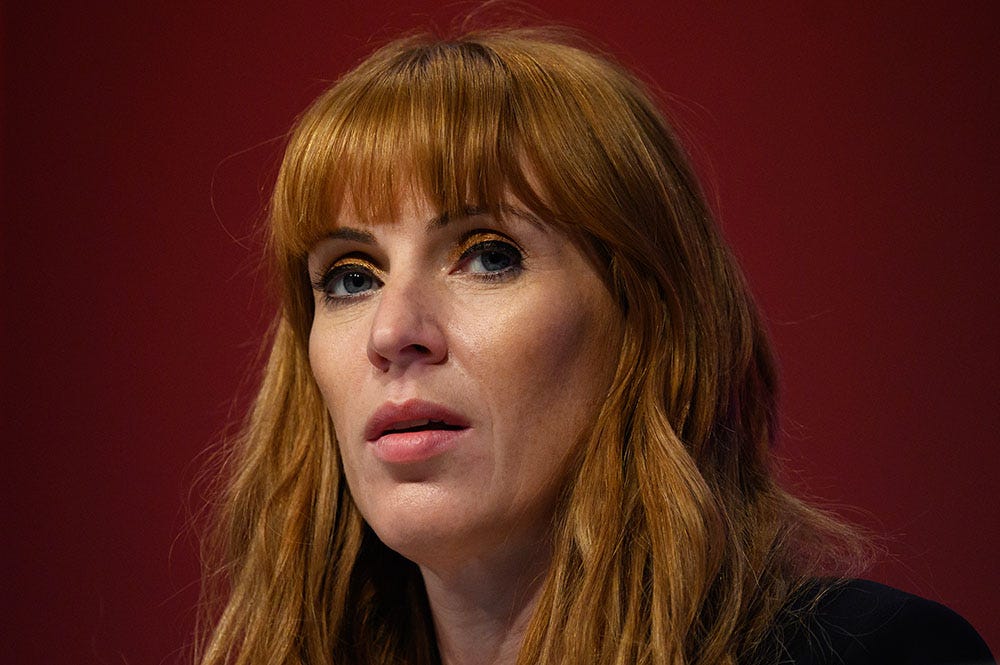
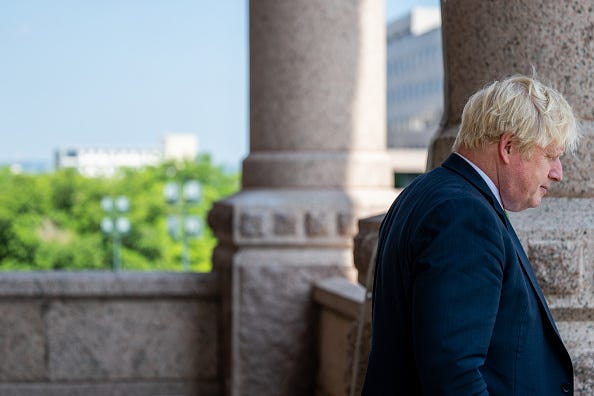

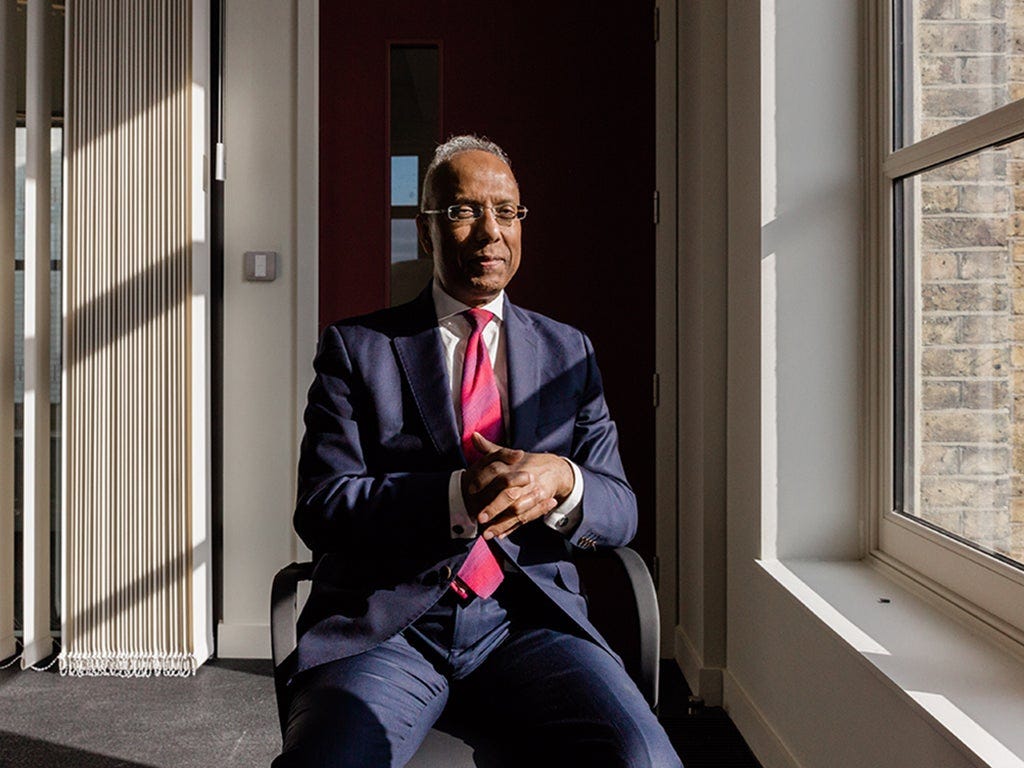
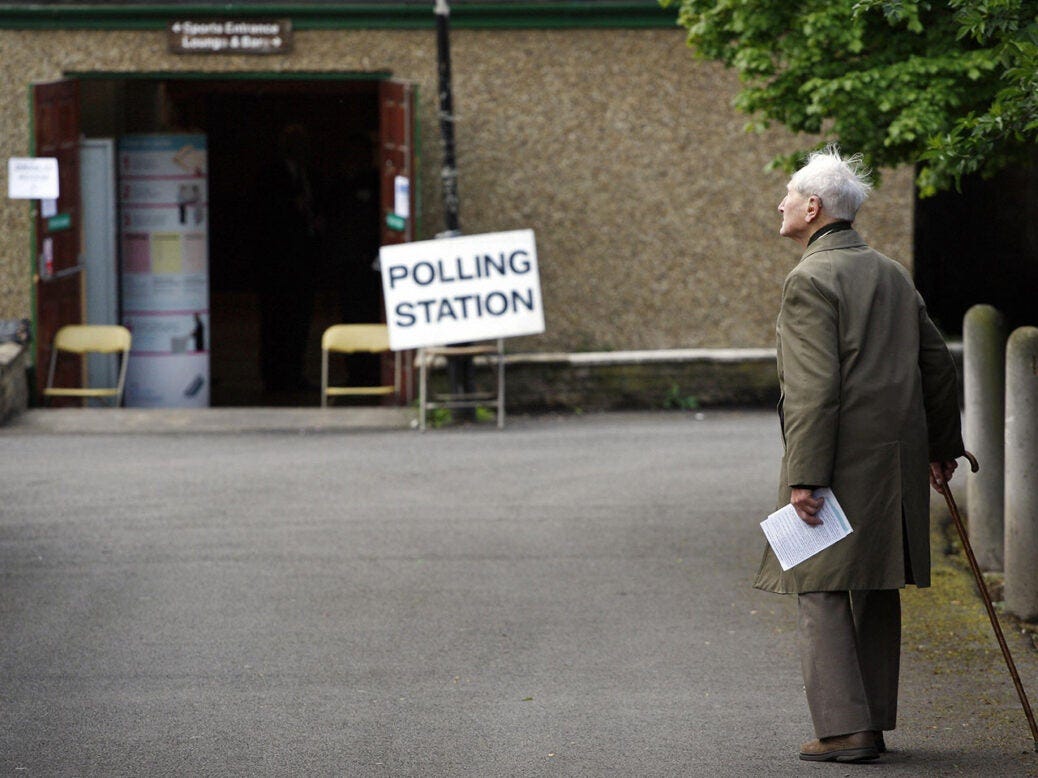

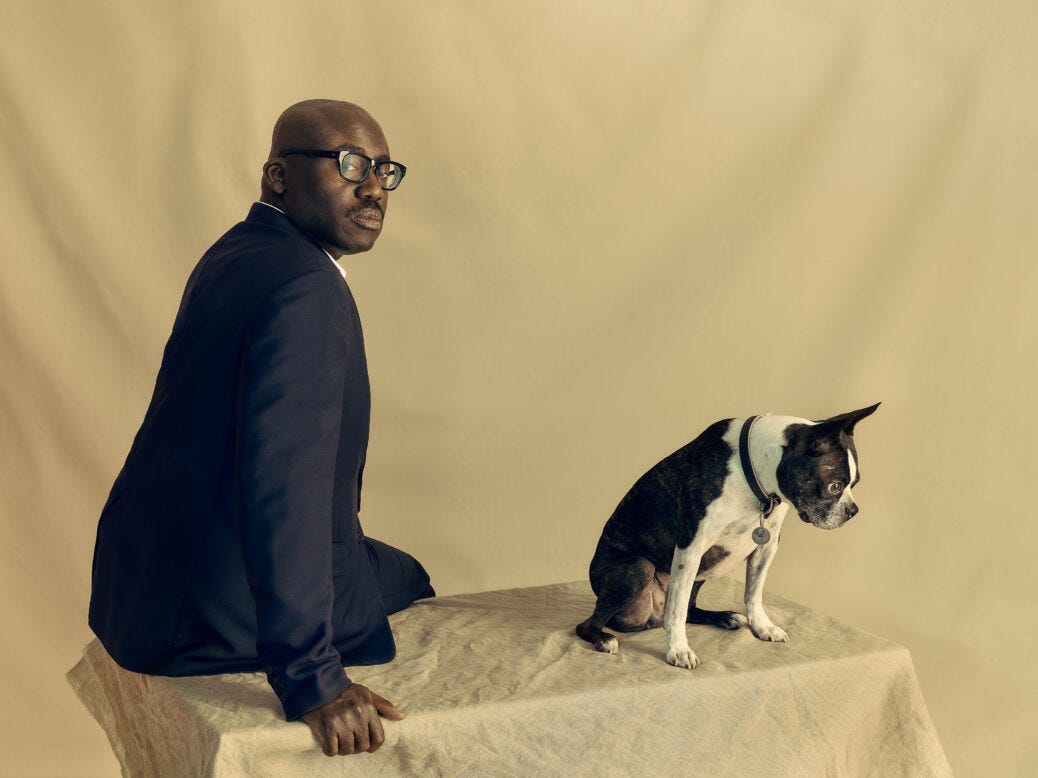
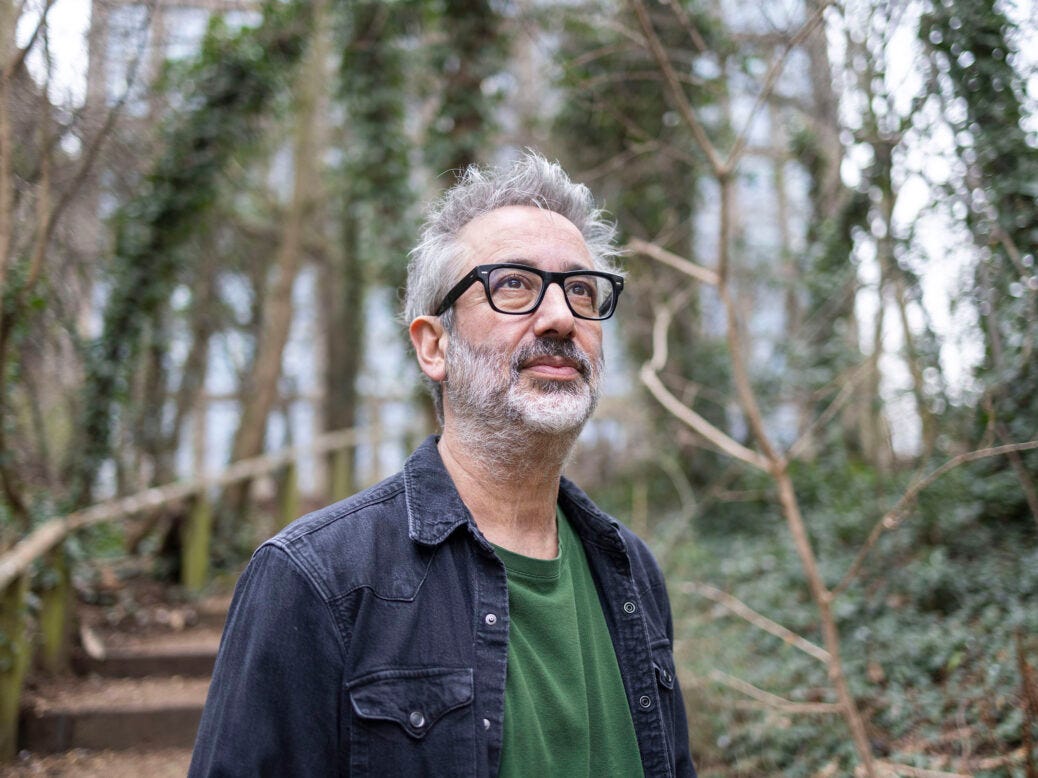
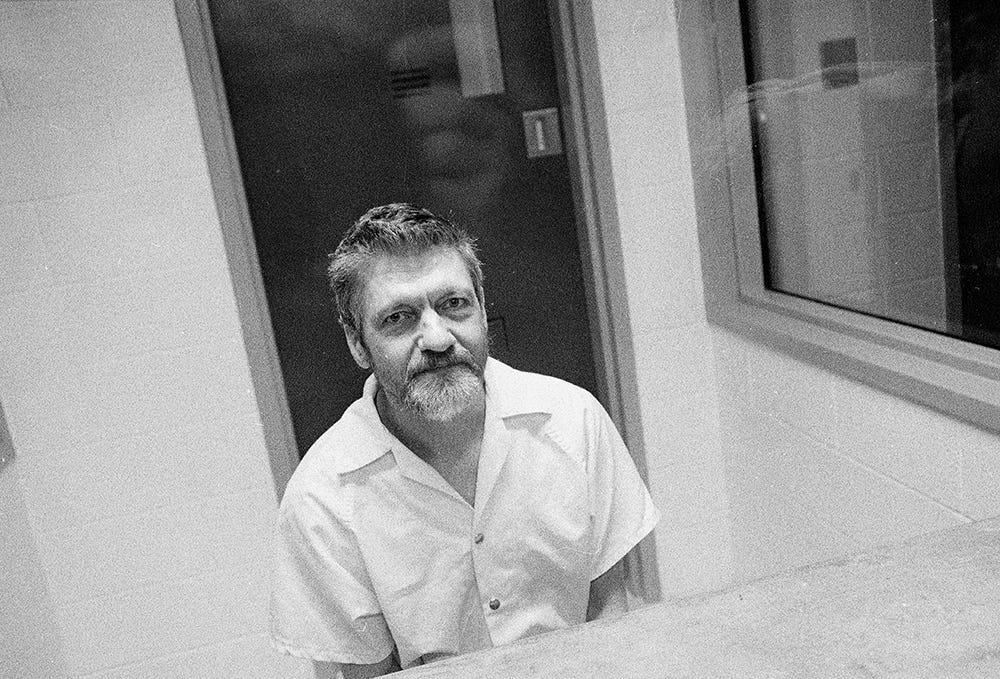


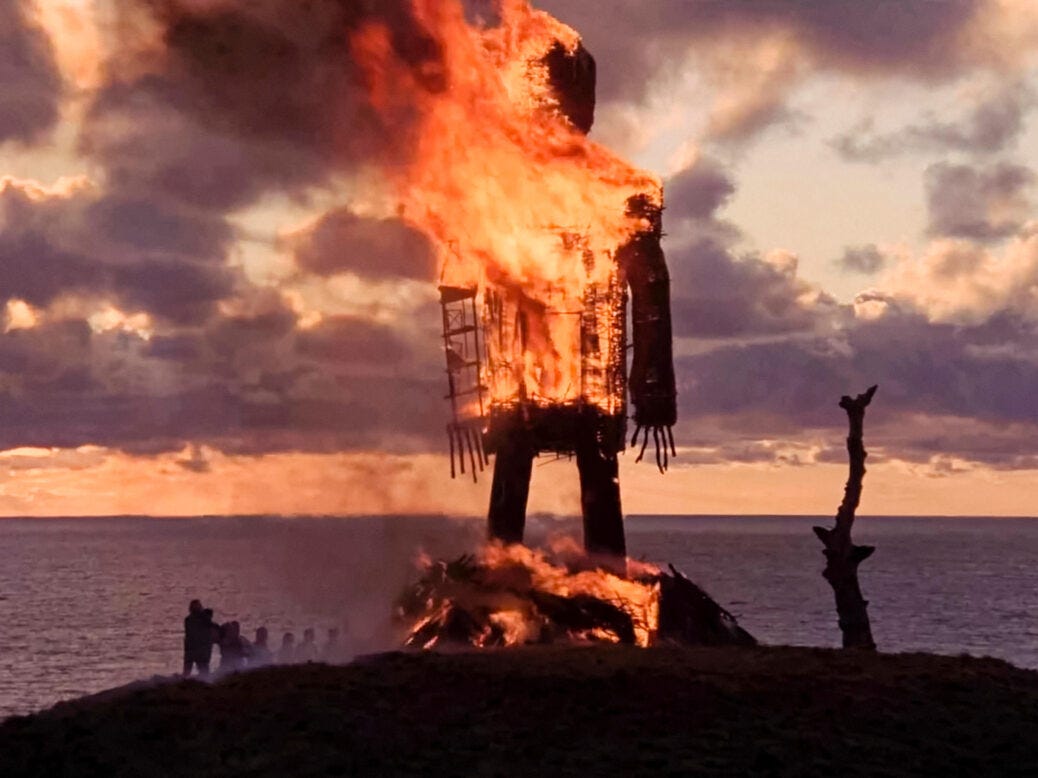
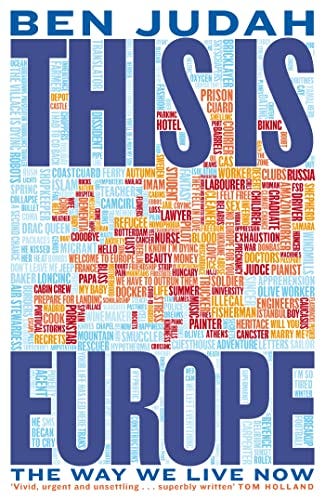


How do I get to read the articles presented? Not only I can’t get straight in, but there is no login option (only subscribe)
Great!